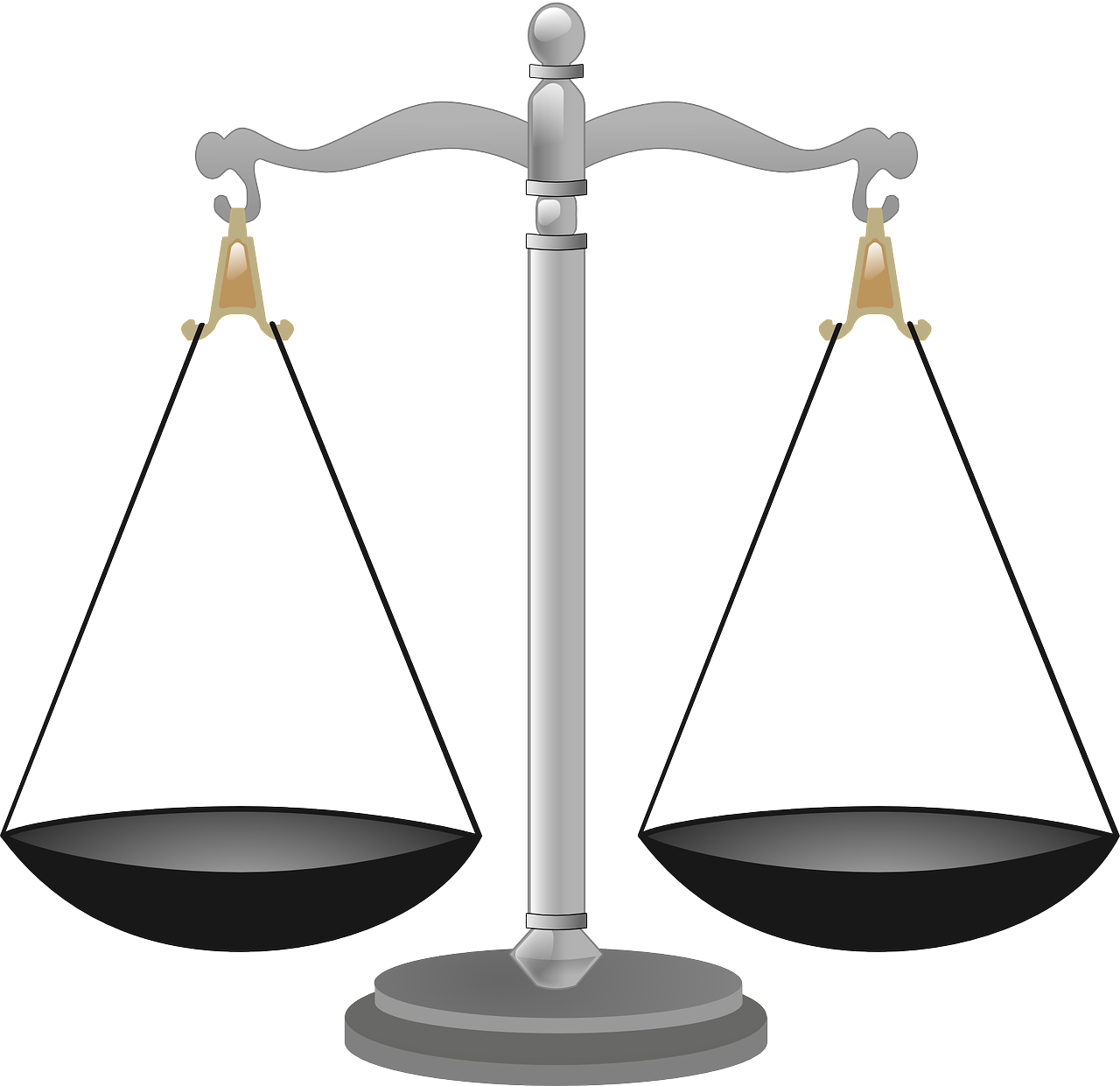Reformation: Ethics
The information provided here was translated from CEPAD’s self-study theology booklet on the Protestant Reformation with the permission and approval of the authors. This is not a full translation of the material, but rather a brief overview. This booklet is provided to participants in CEPAD’s Pastoral Training Program. Many pastors do not have any formal theological training, and we aim to provide some education to help them understand and teach the Bible better.
After reading about Luther’s life, Reformation theology, and the Church’s reaction, we can take a closer look at different opinions on ethics.
Ethics has to do with moral philosophy, mostly asking two questions. How should we act, and why should we do good?
Four Ethical Concepts:
- Casuistry: There are clear rules that define how we should act in ever situation. This may mean a long list of rules to help orient us to whatever we encounter. However, it could never include rules for all the situations of our complex lives. Example: In our church, it’s very clear what is a sin and what is a good action. We shouldn’t smoke or drink. We should love our parents. We can clearly see who is behaving as a true Christian and who isn’t.
- Predomination of the Situation: We create rules on how we should respond when we are facing a certain situation. Someone going through something very specific has a better understanding of what is right or wrong than someone outside who is just listing rules. Example: I don’t like the rules, norms, or mandates that my church often implements. Our lives are so complex and different that these rules almost never apply to our situations. For that reason, it’s better to decide responsibly how to act in the moment.
- Evaluating Intentions: The value is placed not on the action, but on the intention behind the action, whether it is good or bad. However, we sometimes do not sufficiently value the gravity of some actions and their consequences if we feel the person was doing it unintentionally. Example: For me, it’s very important to have good intentions when I act. I always want to do good works, but sometimes the circumstances don’t allow that to be. It’s not always possible to treat everyone fairly, and I make mistakes, but at least I tried. God will value my good intentions.
- Living with Responsibility: This concept focuses on the future. Our actions have consequences, so we need to not only think about what is good for us in the present moment, but how it may impact us, others, and creation in the future. Example: In every situation in my life, I cannot look at whether not I’ve behaved appropriately. I also have to ask who else my actions affect. Living morally does not only mean living by the rules, but also what the effects are of my behavior.
Now that we have a basic understanding of ethics, we can look at what the Catholic Church taught in the Middle Ages, and how Luther’s theses contrasted with this.
We’ve already seen that the sacrament of penitence was important in the Middle Ages. Priests had little books that served as a manual. They listed out every imaginable sin and what the punishment should be. At first the punishment was considered pedagogical to reorient the believer to God through prayer or participating in a pilgrimage. The punishments moved over time to doing good works and later payments through indulgences.
The theology of the Middle Ages believed that man should do good works because that is what decides his salvation. There was so much fear of the final judgement that people often tried to do good, because they were afraid.
The ideology of the Middle Ages was negative ethics, not because their ideas were bad, but because they were more focused on what they shouldn’t do. Believers shouldn’t drink, they shouldn’t dance, etc.
However, Luther rejected these ideas, creating a new theology with his 95 theses and other writings. Luther believed that Christians do good, not because they are afraid or trying to earn their salvation, but because they have joy of already being given grace. It is something deeper, a desire to serve God for all He has done for us. However, that does not mean that Christians are perfect. We are all still sinners and will make mistakes. We need Christ and His forgiveness every day.
The ideology of Luther was considered positive ethics, because it was more focused on what believers should do instead of what they shouldn’t.
This is a very brief overview of ethics, Martin Luther, and the history of the Reformation. If you are interested in learning more, we suggest you do further research and even read Luther’s publications.



